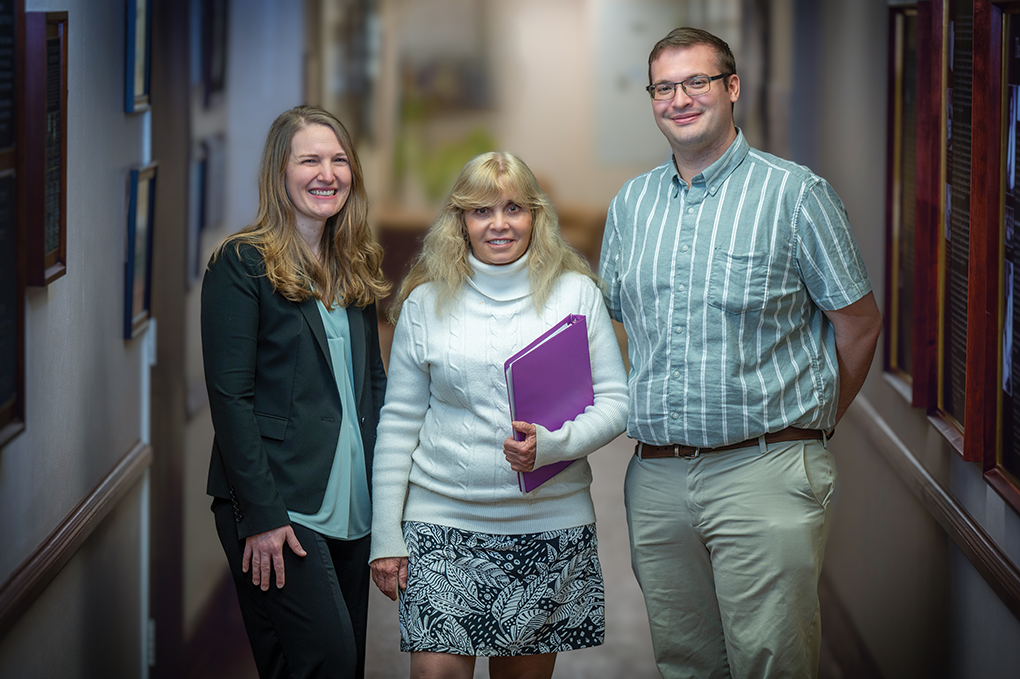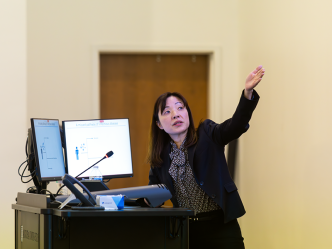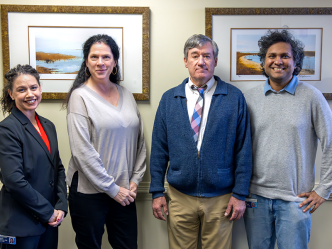A team of researchers in the Rheumatology division of Augusta University’s Medical College of Georgia has recently started to work on a $3.2 million Department of Defense-sponsored study to test the safety and efficacy of a new neuropathic pain drug for people with spinal cord injuries.
The drug, currently known as EC5026, is a soluble epoxide hydrolase inhibitor taken orally that prevents the body from breaking down naturally occurring anti-inflammatory fatty acids, allowing them to circulate and potentially help with pain and inflammation.
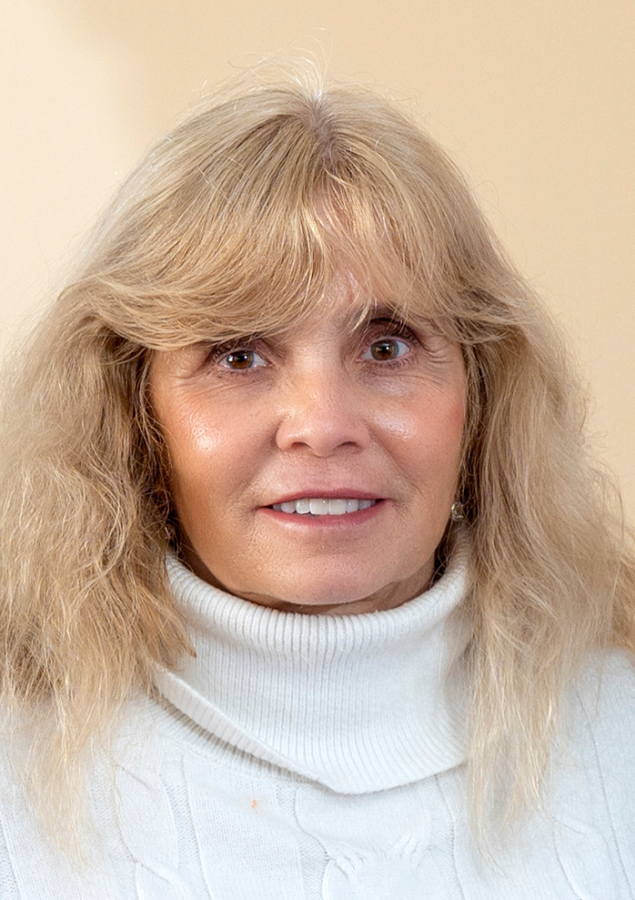
“I had a personal interest because my mother-in-law had a spinal cord injury, and she had really bad neuropathic pain,” said Laura Carbone, MD, Division chief of Rheumatology at MCG and the principal investigator of the study. “I had some colleagues from California who were working on this drug, which was very promising in animal models and also in early safety studies in healthy humans – so we talked about how it could be used in a population who had neuropathic pain.”
Although it’s very common for someone with a spinal cord injury to experience chronic neuropathic pain, it’s not an easy condition to treat. According to the National Institutes of Health, it responds poorly to a single drug, and evidence of efficacy and long-term effects of treatments is limited.
Based on current research, specific antidepressants, antiepileptics and opioid analgesics have the best documented effect on neuropathic pain resulting from spinal cord injuries. However, these medications don’t always work and could pose risks to the patients’ health.
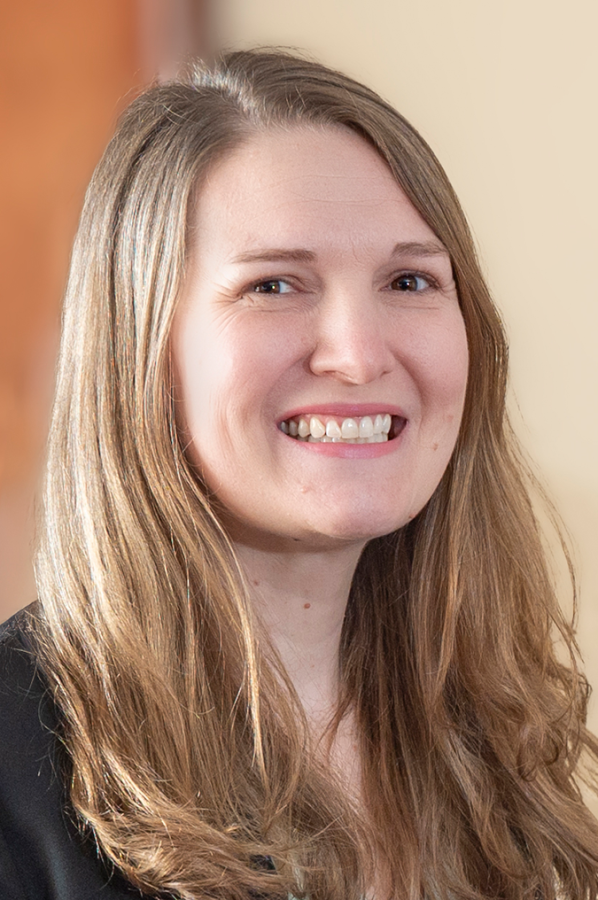
“It doesn’t respond well in many patients to existing neuromodulatory agents, and it really doesn’t respond well to opioids, even though people often get them. And that has its own morbidities and mortality associated,” said Rachel Elam, MD, an assistant professor in the Department of Medicine at MCG and a clinician at Wellstar MCG Health.
The team hopes EC5026 will address the need for a safer, nonaddictive and more effective treatment for this condition.
“It’s been studied to see if it has any opioid-like qualities in terms of addiction, and it does not,” Carbone said. “It has no reward potential at all, and that’s really the beauty of it.”
Along with that, the results of Phase I of testing EC5026 on healthy human volunteers without neuropathic pain also showed a lack of common side effects. Now, Phase II of testing — during which the team will test the drug on spinal cord injury patients with neuropathic pain — is ready to begin.
“When the study was going to first start, we got hit by the COVID-19 pandemic. So, that produced some delays, but we’re very happy to be able to finally start the study,” Carbone said.
The study will be conducted at Wellstar MCG Health, and the team is actively recruiting research participants who meet eligibility criteria for the study. The process will last about two months, and participants will be compensated for their time.
The main goal of the study is to establish that the drug is safe for this population to use, which is why the team members must keep a close eye on the research participants.
“I’m involved as a sub-investigator,” Elam said. “I’m going to be participating in the monitoring and recruitment of individuals with spinal cord injuries who decide to participate in our study and then also part of the interpretation of the results to disseminate the work.”
Colton Hoffer, MD, a rheumatology fellow for MCG and chief rheumatology fellow in the Wellstar MCG Rheumatology Department, is also a sub-investigator in the study.
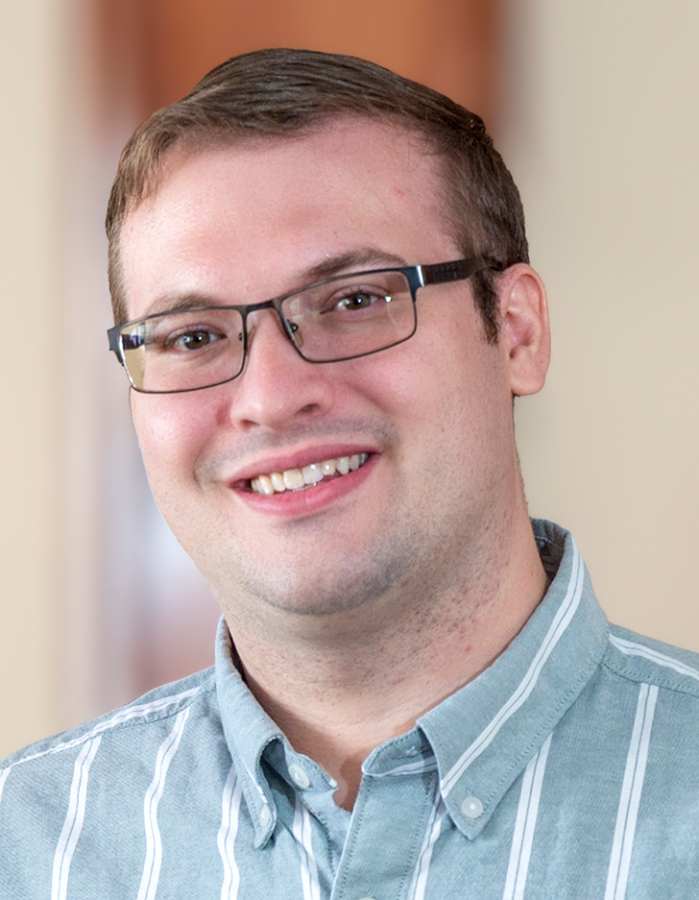
“It’s not every day you get to take part in the active advancement of the medical field. A new medication geared toward the management of our patients’ pain is a potential major breakthrough, and I couldn’t be more proud to be a part of this,” he said. “We are all really quite excited here at Wellstar MCG and can’t wait to engage with our community on this moving forward.”
After Phase II is completed and if it shows promising results regarding safety and efficacy, the team will apply for funding for Phase III of the trials, looking specifically at efficacy with a large number of patients.
If funding is granted and that trial proves to be successful, the final step would be filing a New Drug Application with the U.S. Food and Drug Administration to market the drug.
After seeing her mother-in-law live with untreatable chronic pain for years, seeing the study get to that step would be fulfilling for Carbone, whose ultimate goal is to make a difference in the quality of life for people living with this condition.
“When you think about it, they’ve already had something difficult happen – they’ve developed a spinal cord injury. Maybe they were in a motor vehicle accident or shot or fell or something,” Carbone said. “So they already have that to deal with every single day, and then, on top of it, a large proportion have neuropathic pain. To be able to help with that would be absolutely awesome, truly.”
For Elam, it’s become not only a cause she’s passionate about but a necessity to be involved in because she sees patients in need of an effective treatment for their pain.
“It would be tremendous to be able to offer something effective for this disorder that doesn’t really have something that’s a great go-to to use, especially in spinal cord injury patients who are disproportionately suffering from this ailment,” she said.
Discoveries at Augusta University are changing and improving the lives of people in Georgia and beyond. Your partnership and support are invaluable as we work to expand our impact.
 Augusta University
Augusta University
